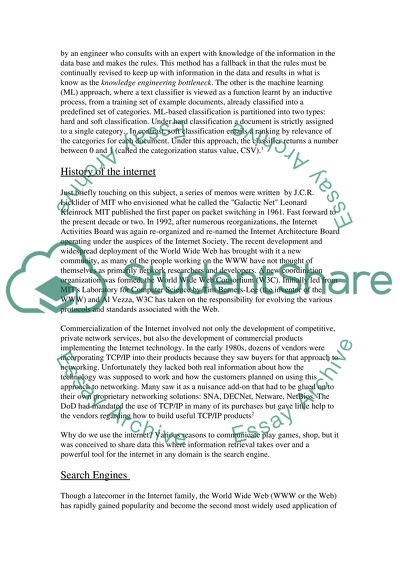Cite this document
(“Scientific Information Retrieval Essay Example | Topics and Well Written Essays - 1500 words”, n.d.)
Scientific Information Retrieval Essay Example | Topics and Well Written Essays - 1500 words. Retrieved from https://studentshare.org/technology/1505702-scientific-information-retrieval
Scientific Information Retrieval Essay Example | Topics and Well Written Essays - 1500 words. Retrieved from https://studentshare.org/technology/1505702-scientific-information-retrieval
(Scientific Information Retrieval Essay Example | Topics and Well Written Essays - 1500 Words)
Scientific Information Retrieval Essay Example | Topics and Well Written Essays - 1500 Words. https://studentshare.org/technology/1505702-scientific-information-retrieval.
Scientific Information Retrieval Essay Example | Topics and Well Written Essays - 1500 Words. https://studentshare.org/technology/1505702-scientific-information-retrieval.
“Scientific Information Retrieval Essay Example | Topics and Well Written Essays - 1500 Words”, n.d. https://studentshare.org/technology/1505702-scientific-information-retrieval.


